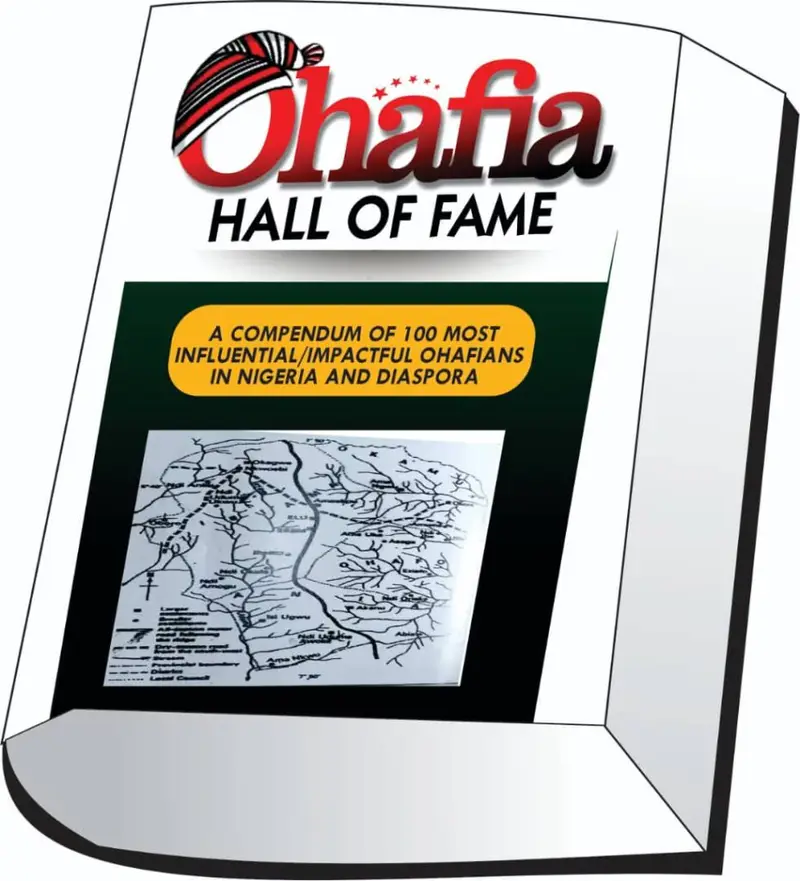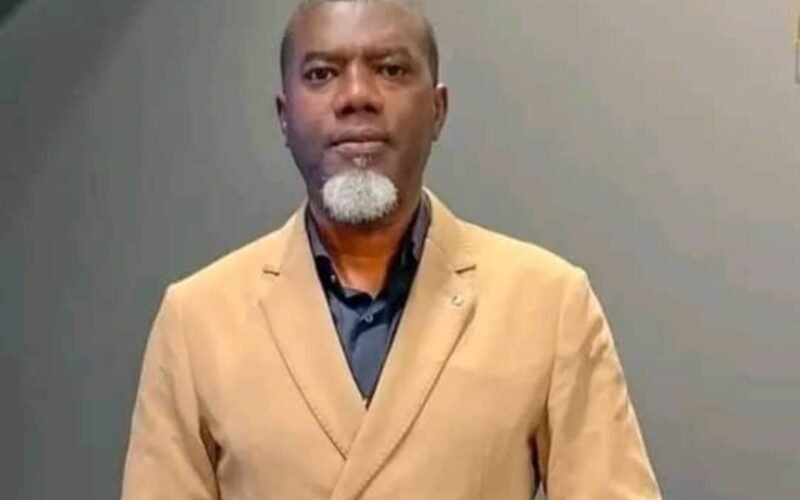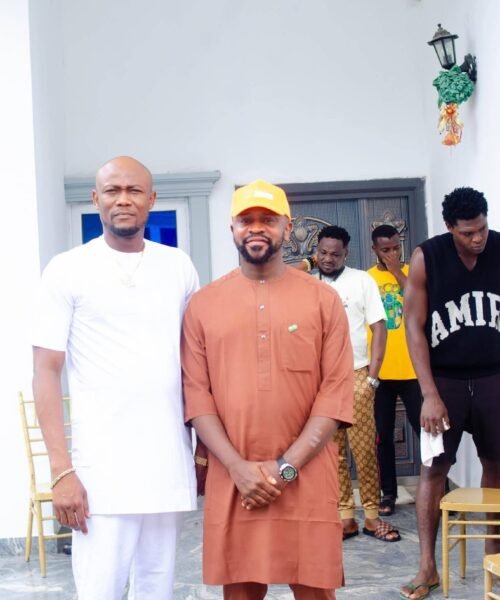The Pathetic Pantomime: Reno Omokri and the Art of Grown-Up Childishness
Reno Omokri’s public persona constitutes a masterclass in arrested development—a cringe-inducing spectacle where faux sophistication masks profound ethical infantilism. His career remains littered with juvenile antics wholly unbecoming a former presidential aide, revealing a man whose emotional maturity fossilized between playground taunts and adolescent melodrama. The farcical theater of his existence demands rigorous dissection.
I. The Forgery Fiasco: A Case Study in Ethical Bankruptcy
The 2014 “Wendell Simlin” scandal endures as Omokri’s most grotesque performance. While serving as President Jonathan’s Social Media Assistant, he orchestrated a fraudulent campaign to falsely link Sanusi Lamido Sanusi to Boko Haram atrocities—including the massacre of 60 schoolchildren. This transcended political misstep; it was moral arson. Omokri weaponized national tragedy to incinerate a perceived enemy, exploiting slaughtered children’s blood for political gain. His risible tradecraft proved equally damning: digital forensics exposed him as author of the forged document, metadata bearing his name traced to Abuja’s Kubwa district, while the hastily deleted “Wendell Simlin” Facebook account—featuring his own photograph—stood preserved by investigators as evidence of amateurish deception. The episode epitomizes a triple failure: ethical bankruptcy, intellectual poverty, and technical incompetence, exposing a tactician who mistakes subterfuge for strategy and cruelty for cunning.
II. Social Media Meltdowns: Tantrums as Political Discourse
Omokri’s digital presence oscillates violently between saccharine sanctimony and primal hysteria, epitomized by his 2024 Instagram tirade vowing to “destroy” an unnamed politician. His screeching ultimatum—”It is either I destroy him politically forever, or he destroys me. There is NO FORGIVENESS!“—echoes a Nollywood villain’s melodramatic monologue. This performative rage, ostensibly ignited by alleged threats to his child, collides spectacularly with his own platitude to “Be Childlike, But Not Childish!” The laughable dissonance drew scathing critiques—”Reno is using Obi to gain relevance… an EMPTY VESSEL!” and “Tomorrow you will start quoting scriptures on forgiveness“—highlighting the chasm between his biblical posturing and vindictive theatrics.
III. The Mask of Sanctimony: A Carnival of Hypocrisy
Omokri’s greatest self-parody lies in his curated persona as a moral philosopher. He dispenses wisdom like “Never lose the child inside you” while simultaneously manufacturing fake identities to attack opponents (a habit predating the Simlin scandal), morphing into a social media berserker when criticized (as demonstrated in his “destroy” rant), and earning blistering public contempt through epithets like “A fool at 40 is a fool forever,” “Buhari tormentor from exile… an orangutan,” and “Zero political relevance.” His pretensions to gravitas implode beneath the weight of this self-inflicted caricature—a “bible-bashing fraud” whose hunger for relevance consistently overrides dignity.

IV. The Childishness-Childlike Dichotomy: Omokri’s Paradox
Omokri personifies neither childlike wonder nor adult integrity. His preachings implode against documented realities: he advocates “Be childlike” yet engineered forgeries exploiting murdered children; poses as an advocate of forgiveness while declaring “NO FORGIVENESS!” vendettas; postures as a moral commentator despite deploying fake accounts and smears; and masquerades as a voice of reason while issuing unhinged threats like being “prepared to die in defence of my children.” He endures as a perpetual adolescent in bespoke tailoring—a man conflating notoriety with legacy and tantrums with power. His career stands as a cautionary fable: those weaponizing childishness while condemning it inevitably become parodies of their own platitudes.
Conclusion: The Emperor’s New Credibility
Reno Omokri’s descent from presidential aide to social media carnival barker is a self-authored tragedy. His serial fabrications, public implosions, and laughable hypocrisy have reduced him to a figure of derision—a “stomach infrastructure politician” eternally chasing relevance through controversy. Nigeria merits better than such ethical juvenilia. Authentic leadership demands consistency, integrity, and dignity—qualities as foreign to Omokri as nuance is to his Twitter feed. Until he confronts his own infantilism, he remains not merely an “empty vessel,” but a shattered one, clanging cacophonously solely to obscure his existential hollowness.
Dr Chukwuemeka Ifegwu Eke







